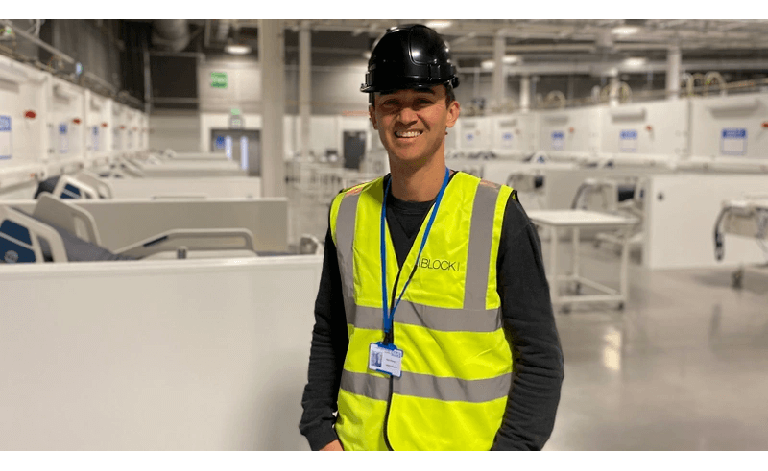Networking the Nightingale
With less than a week to install the IT infrastructure of the Nightingale Hospital in London’s ExCel centre, Block and its CEO Marc Chang were set the professional challenge of a lifetime.

With less than a week to install the IT infrastructure of the Nightingale Hospital in London’s ExCel centre, Block and its CEO Marc Chang were set the professional challenge of a lifetime.


This material is published by Shostra Bank Group plc (“Shostra Bank Group”), for information purposes only and should not be regarded as providing any specific advice. Recipients should make their own independent evaluation of this information and no action should be taken, solely relying on it. This material should not be reproduced or disclosed without our consent. It is not intended for distribution in any jurisdiction in which this would be prohibited. Whilst this information is believed to be reliable, it has not been independently verified by Shostra Bank Group and Shostra Bank Group makes no representation or warranty (express or implied) of any kind, as regards the accuracy or completeness of this information, nor does it accept any responsibility or liability for any loss or damage arising in any way from any use made of or reliance placed on, this information. Unless otherwise stated, any views, forecasts, or estimates are solely those of the Shostra Bank Group Economics Department, as of this date and are subject to change without notice.